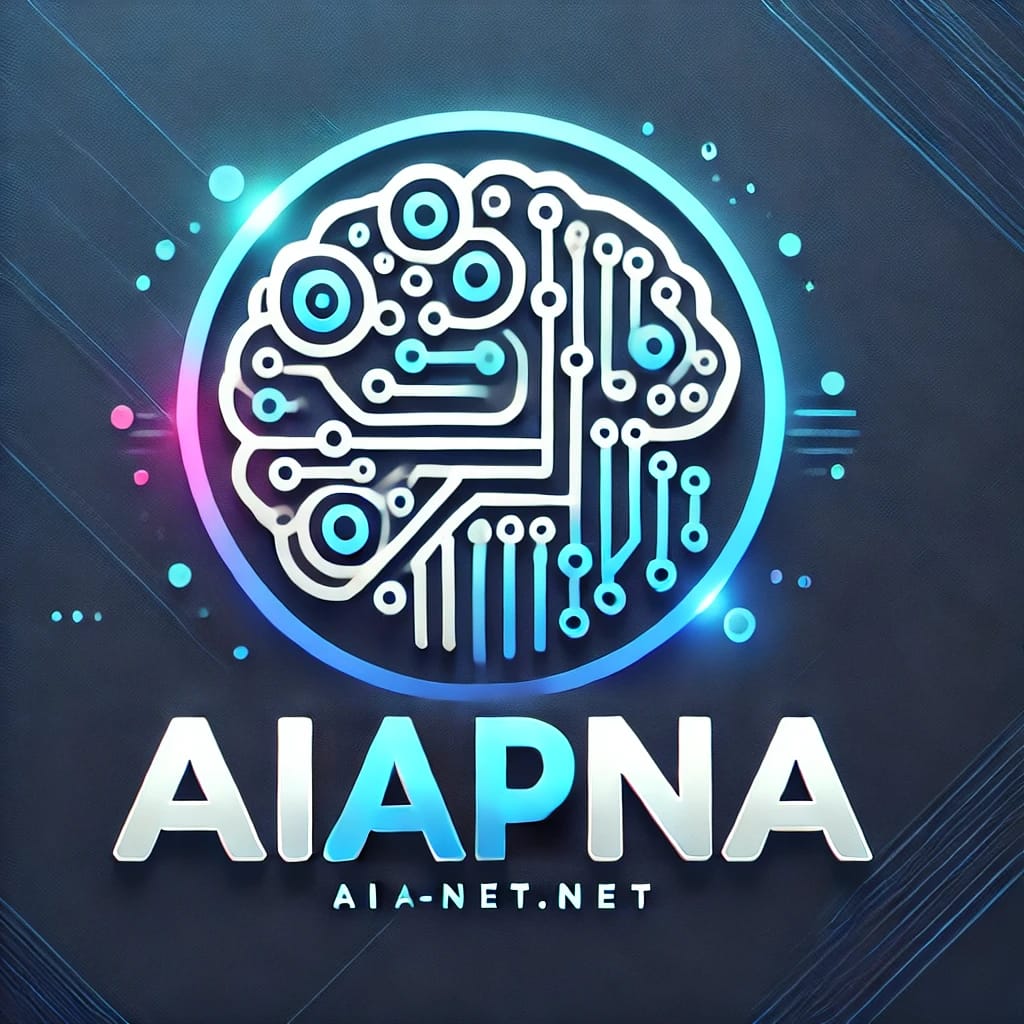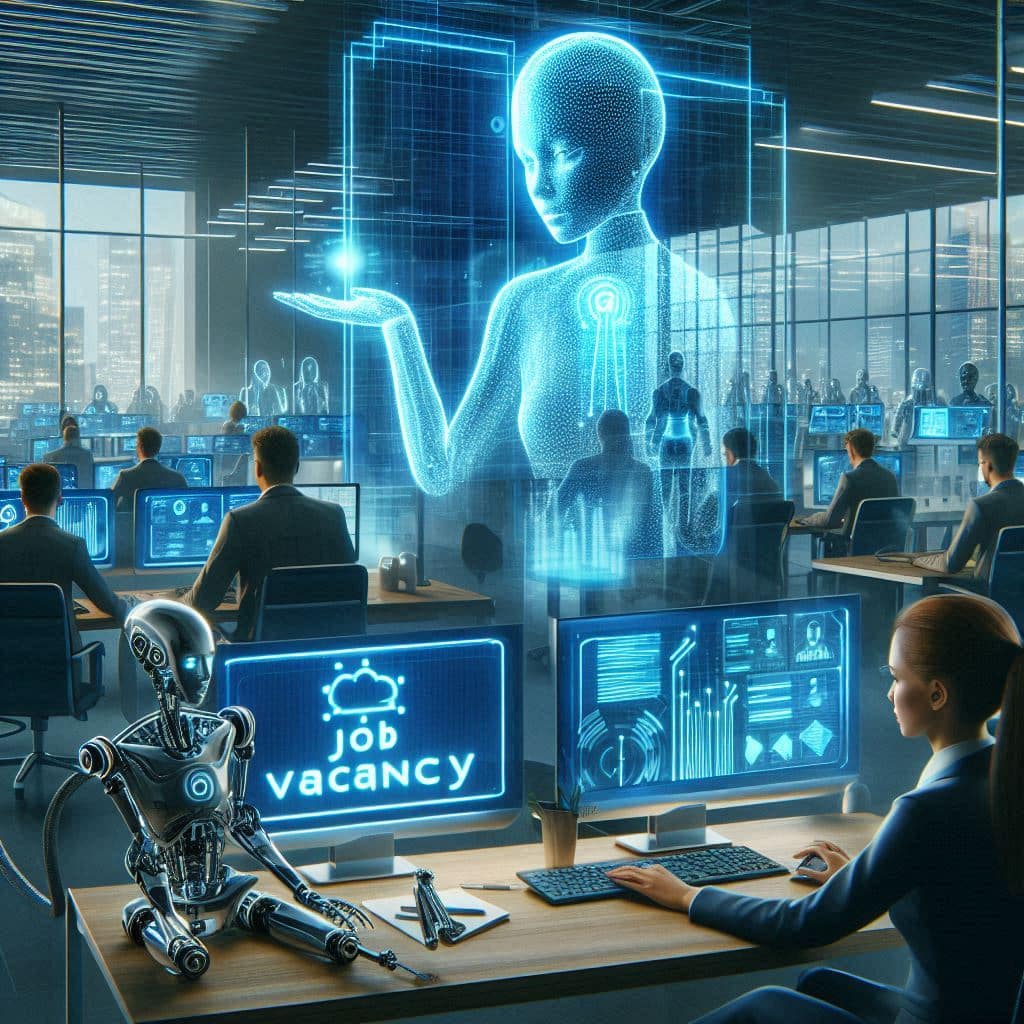“Will a robot take your job?” This question has been buzzing in the minds of millions as artificial intelligence continues to advance at a rapid pace. From self-driving cars to AI-powered chatbots, technology is reshaping industries and redefining the workforce. But what does this mean for you? Will AI replace your job, or will it create new opportunities? In this article, we’ll dive deep into the jobs most likely to be replaced by AI, the skills that will remain in demand, and how you can future-proof your career. Let’s explore the future of work in the age of AI.
The Rise of AI: Why This Conversation Matters
Artificial intelligence is no longer a futuristic concept—it’s here, and it’s transforming the way we work. According to a report by McKinsey, up to 800 million jobs worldwide could be automated by 2030. While this might sound alarming, it’s important to understand that AI is not just about job displacement; it’s also about job creation and evolution.
AI excels at tasks that are repetitive, data-driven, and rule-based. This means jobs that involve manual labor, routine decision-making, or predictable tasks are at the highest risk of being automated. But don’t panic just yet—let’s break it down
READ ALSO AI in Climate Finance: How AI is Revolutionizing Green Investments and Sustainability
Jobs Most Likely to Be Replaced by AI
Here’s a closer look at the types of jobs that are most vulnerable to AI disruption:What Jobs Will AI Replace?
Data Entry and Administrative Roles
AI-powered tools can process and organize data faster and more accurately than humans. Jobs like data entry clerks, bookkeepers, and administrative assistants are increasingly being automated.
Manufacturing and Assembly Line Jobs
Robots have been a part of manufacturing for decades, but AI is taking it to the next level. Machines can now handle complex tasks like quality control and precision assembly, reducing the need for human workers.
Customer Service Roles
Chatbots and virtual assistants are becoming smarter and more conversational. Many companies are using AI to handle customer inquiries, reducing the need for human customer service representatives.
Retail and Cashier Jobs
Self-checkout kiosks and automated inventory systems are already common in retail. As AI improves, even more roles in this sector could be replaced.
Transportation and Delivery Jobs
Self-driving vehicles are no longer science fiction. Companies like Tesla and Waymo are leading the charge, which could eventually replace jobs for truck drivers, delivery personnel, and even taxi drivers.

Jobs That Are Safe (For Now)
While AI is powerful, there are certain jobs that require human creativity, empathy, and complex decision-making—skills that machines can’t easily replicate. Here are some roles that are less likely to be replaced by AI
- Healthcare Professionals: Doctors, nurses, and therapists rely on empathy and critical thinking, which AI can’t fully replicate.
- Creative Professionals: Writers, artists, and designers thrive on creativity and originality—qualities that AI struggles to match.
- Skilled Trades: Plumbers, electricians, and carpenters require hands-on expertise and adaptability, making them harder to automate.
- Teachers and Educators: Teaching involves emotional intelligence and personalized instruction, which AI can’t fully replace.
How AI Will Create New Opportunities
While AI may replace some jobs, it will also create new ones. Here’s how:
AI Development and Maintenance: As AI grows, so does the demand for AI engineers, data scientists, and machine learning experts.
Human-AI Collaboration: Many jobs will evolve to include working alongside AI tools. For example, doctors may use AI to diagnose diseases, but they’ll still provide the final judgment and patient care.
New Industries: Just as the internet created entirely new industries, AI will do the same. Think AI ethics consultants, virtual reality designers, and more.

How to Future-Proof Your Career
If you’re worried about AI replacing your job, here are some steps you can take to stay ahead:
Upskill and Reskill
Invest in learning new skills that are in demand, such as coding, data analysis, or digital marketing. Platforms like Coursera, Udemy, and LinkedIn Learning offer affordable courses.
Focus on Soft Skills
Skills like critical thinking, creativity, and emotional intelligence are difficult for AI to replicate. These will become even more valuable in the future.
Embrace Technology
Instead of fearing AI, learn how to use it to your advantage. Familiarize yourself with AI tools that can enhance your productivity and efficiency.
Stay Adaptable
The job market is constantly evolving. Be open to change and willing to pivot your career path if necessary.
The Bigger Picture: AI and Society
The rise of AI isn’t just about jobs—it’s about how we, as a society, adapt to technological change. Governments, businesses, and individuals all have a role to play in ensuring that the benefits of AI are shared equitably.
- Policy and Regulation: Governments need to create policies that protect workers and ensure ethical AI use.
- Corporate Responsibility: Companies should focus on reskilling employees and creating new opportunities.
- Individual Action: Stay informed, keep learning, and advocate for fair practices in your workplace.
What Jobs Will AI Replace? The Future of Work in the Age of Artificial Intelligence
Conclusion:
So, will AI replace your job? The answer depends on the type of work you do and how prepared you are for the changes ahead. While some jobs will inevitably be replaced, others will evolve, and new ones will emerge. The key is to stay informed, adaptable, and proactive.
The future of work in the age of AI is not just about technology—it’s about people. By embracing change and focusing on what makes us uniquely human, we can thrive in this new era
What Jobs Will AI Replace? The Future of Work in the Age of Artificial Intelligence Final Thoughts:
AI is a tool, not a threat. It’s up to us to shape how it impacts our lives and careers. So, what steps will you take today to prepare for the jobs of tomorrow? Let’s start the conversation and build a future where humans and AI work together, not against each other.

